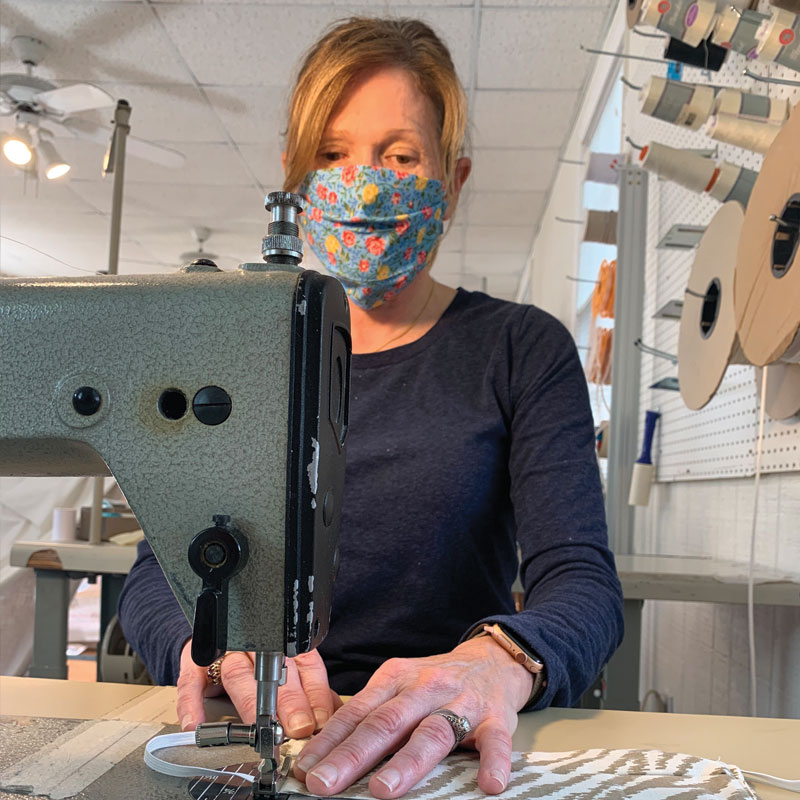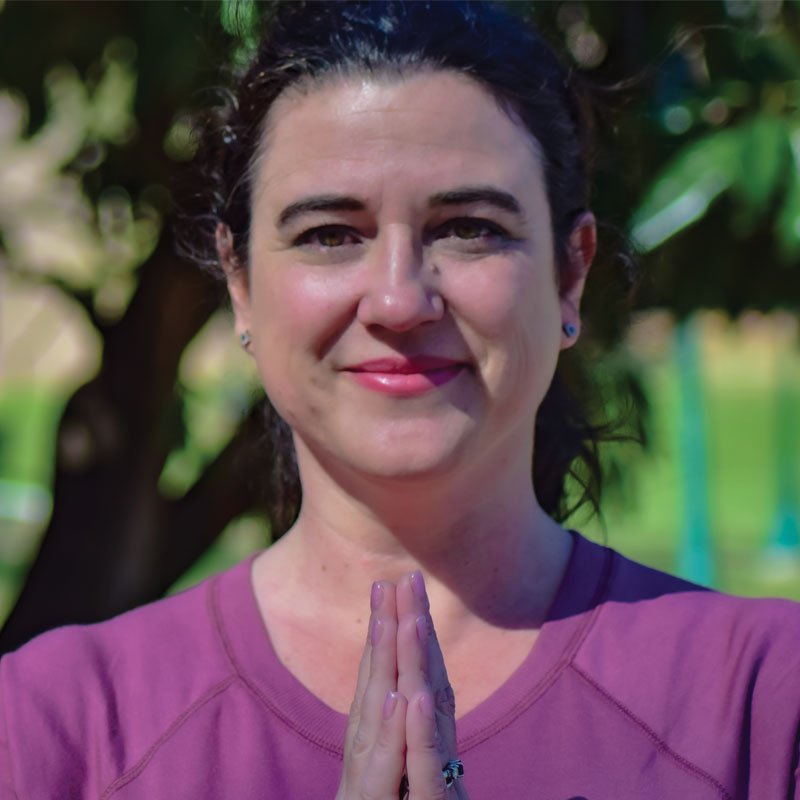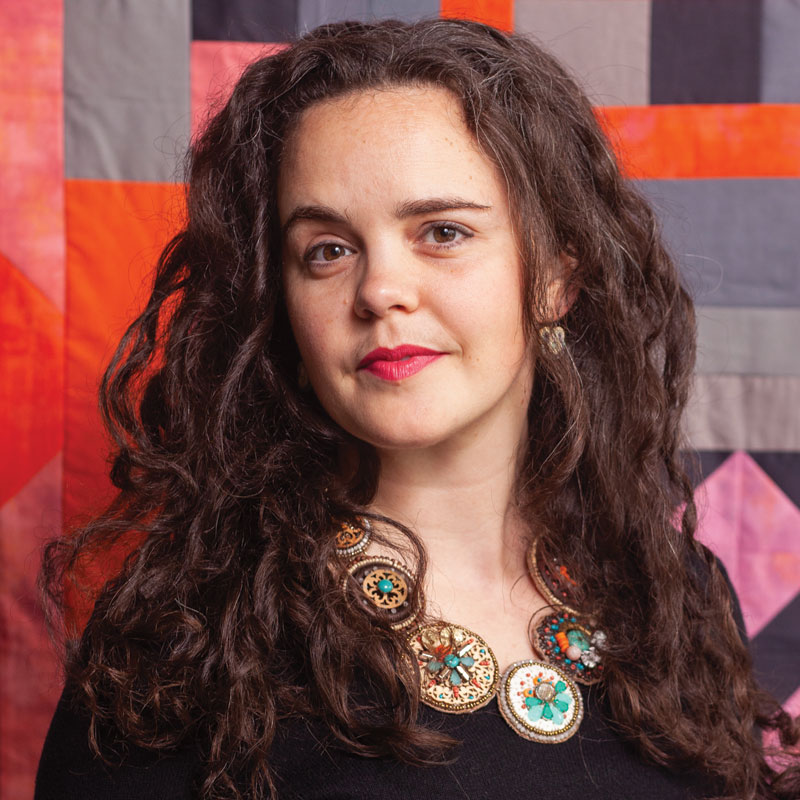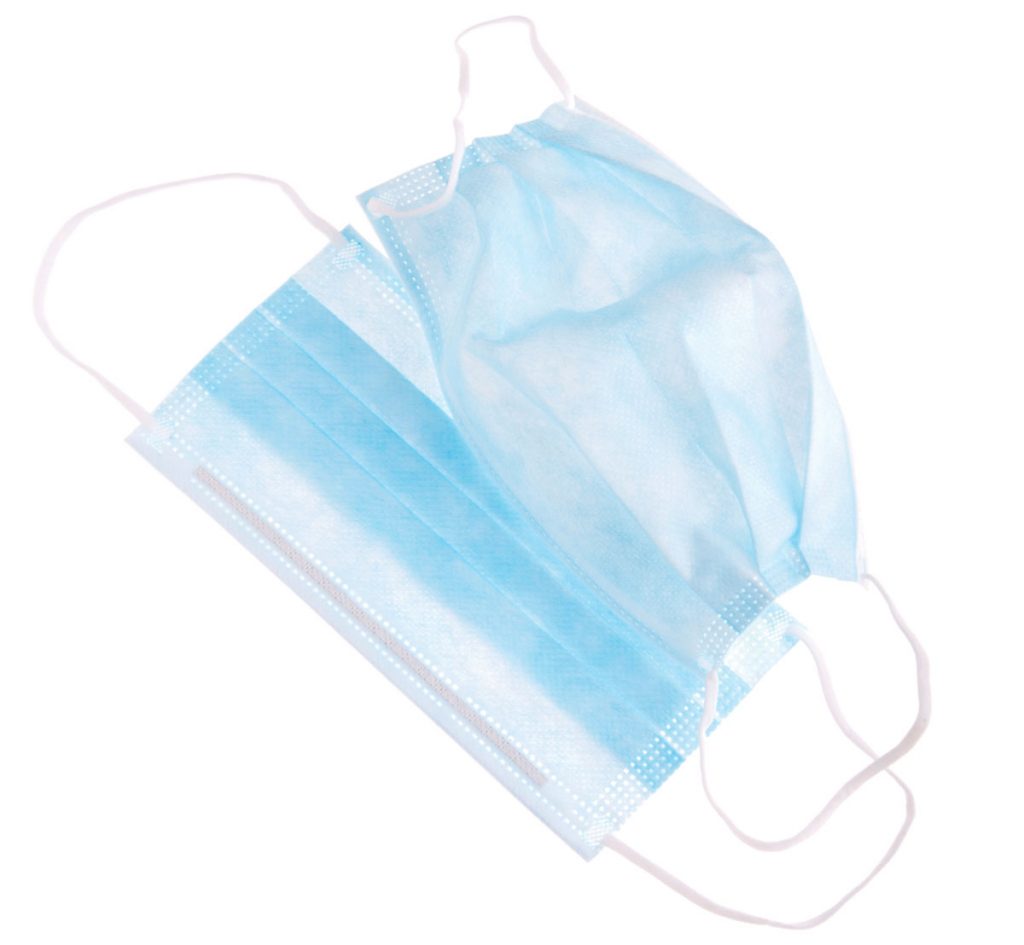By Max Rykov
On April 27th, 2011, I was rushing to finish my final senior project for my minor at the University of Alabama–I was due to present in class in the afternoon. The topic was sacred poetry from the world’s religious traditions. My thesis was something along the lines of “It’s All Very Good”, so I was banking on charm and stage presence to carry me to a solid B. As it turned out, I was scheduled to present last in the class period, and right when I was making the three-foot walk to the podium, the tornado sirens started to go off.
With relative calm, we all went to our favorite safe places. We huddled together and watched the live feed of the tornado, were horrified by the size of it, but didn’t have any idea what the damage was like. There was actually supposed to be a second band of tornadoes to follow, with a brief period of sunshine in between. We went outside to play catch during this intermission, blissfully unaware that so many of our friends’ houses were just totally destroyed only a few blocks away from campus. As we enjoyed our afternoon romp, these very friends started walking over to us, looking utterly shocked and confused. They showed us pictures of the wreckage on their phones, and we started to embrace and comfort each other. The next few days were a blur or chainsaws, sunburns, heavy lifting, and big hearts. The aftermath of that infamous tornado inspired (at least temporarily) a remarkable display of intimate community, cooperation, and camaraderie. I had never seen anything like it, until Spring of this year in Birmingham.
Whenever a major disaster strikes, some dormant part of our minds that is responsible for swift and compassionate action seems to reactivate, and astonishing acts of bravery become normal.
Unless something magical has happened between the time of writing this column and its publication, we are still living amidst a global pandemic, the effects of which the modern world has never seen. Among the ever-growing list of heroes who are serving Birmingham during this time are a group of (mostly) women who have taken it upon themselves to outfit residents of the metro area with masks, so that we can all do our part to help slow the spread of COVID-19.
In March, when the severity of the COVID-19 pandemic became clear, Kathy Green started a Facebook group that sought to organize a small group of volunteers to help sew masks for healthcare workers around Birmingham. N95 and other Personal Protective Equipment (PPE) were in extremely high demand around the nation, and many healthcare workers had to improvise with less-than-ideal alternatives in order to protect themselves from exposure to the virus. It didn’t take long for the group to reach 100 members, including Christine McLean, the owner of a sewing workroom and studio. Christine’s professional network and passion helped the group secure much needed materials, namely elastic, and the “Bham Face Masks” group went into production overdrive.
Through Kathy and Christine’s organizational genius, the group was able to mobilize a veritable army of volunteers to churn out a truly mind-blowing volume of masks over the course of mere weeks. At the time of writing this, the group has over 6,000 members, and has distributed over 39,000 masks. The group has fabric supply partners, a laser cutter, and has single handedly put a factory in Winfield, Alabama back to work, helping produce the material needed to create the masks. They are a well-oiled and sewn machine, with meticulously coordinated drop off points around Birmingham for their production team to pick up materials and fill their quota.



Their efforts have caught the attention of Jefferson County’s Chief Health Officer, Dr. Mark Wilson, who has worked several levels beyond tirelessly to help organize the County’s response to the pandemic. Seeing the need the Bham Face Masks group was filling, Dr. Wilson helped them receive a grant to make an additional ten thousand masks for the County’s United Incident Command response.
Building off the success of the Facebook group, as well as their prowess for organizing a battalion of productive volunteers, Kathy and Christine are forming a non-profit organization called the Grassroots Initiative Team (GRIT) that will help mobilize people to perform needed services in response to a crisis situation, when the time inevitably comes again.
Another sewing hero, Lillis Taylor, founder of the Bib & Tucker Sew-Op non-profit, has utilized her network of seamstresses to create masks for anyone who needs one, not just healthcare workers. Lillis and the Bib & Tucker Sew-Op are also establishing a 99-Neighborhood initiative that will provide supplies and instruction for sewing hand-made masks for residents of Birmingham’s neighborhoods, utilizing drop-off and pick-up sites in each neighborhood, and relying on the guidance of local leaders to empower residents to protect themselves.
The coordinated ingenuity displayed by Kathy, Christine, Lillis, and so many others during this unprecedented time is a testament to the love and passion for service found in our Birmingham community. It is my prayer that this sort of servant-hearted cooperation can continue in times of peace and calm as well. Stay safe, Birmingham.
Writer, emcee, producer, nonprofit event organizer, and freelance quarterback Max Rykov is a tireless advocate for the creative community in Birmingham.



